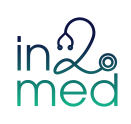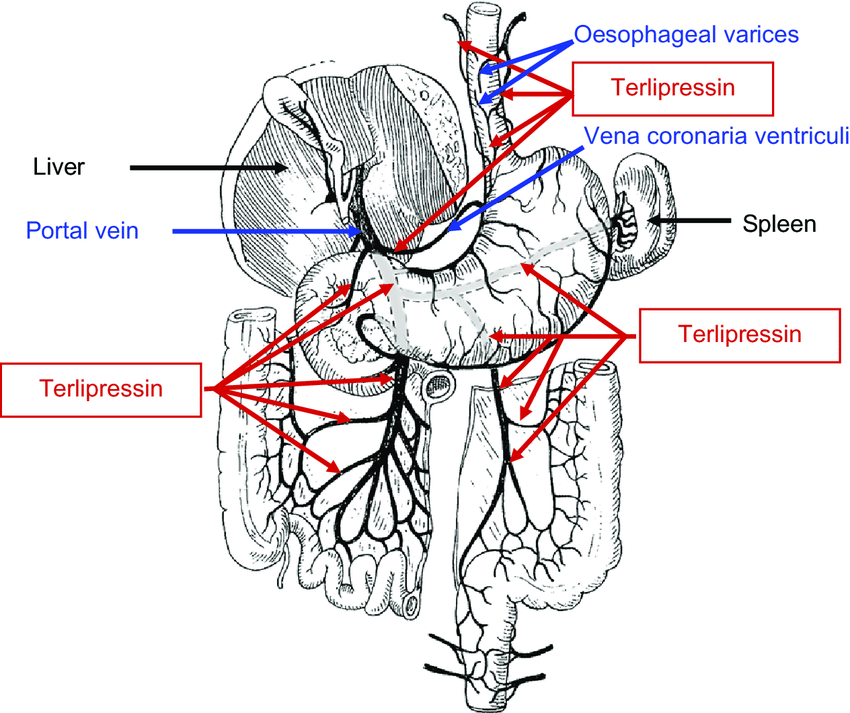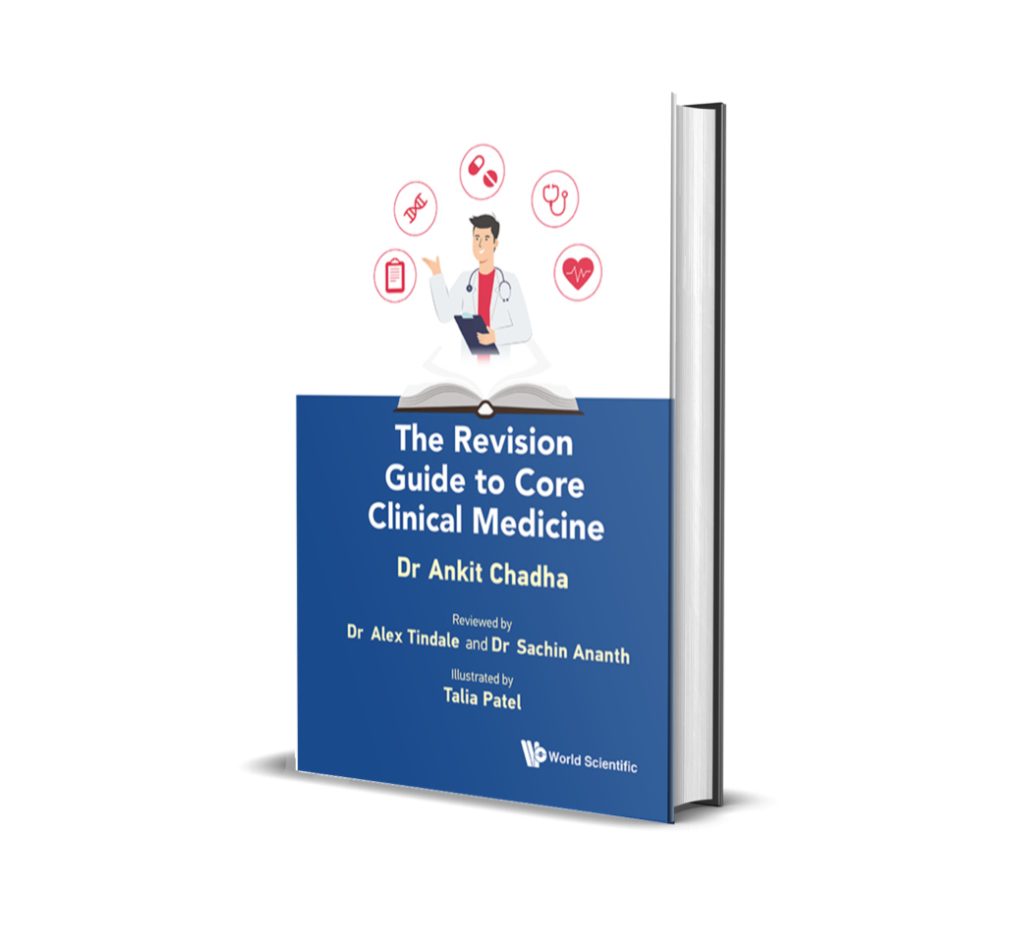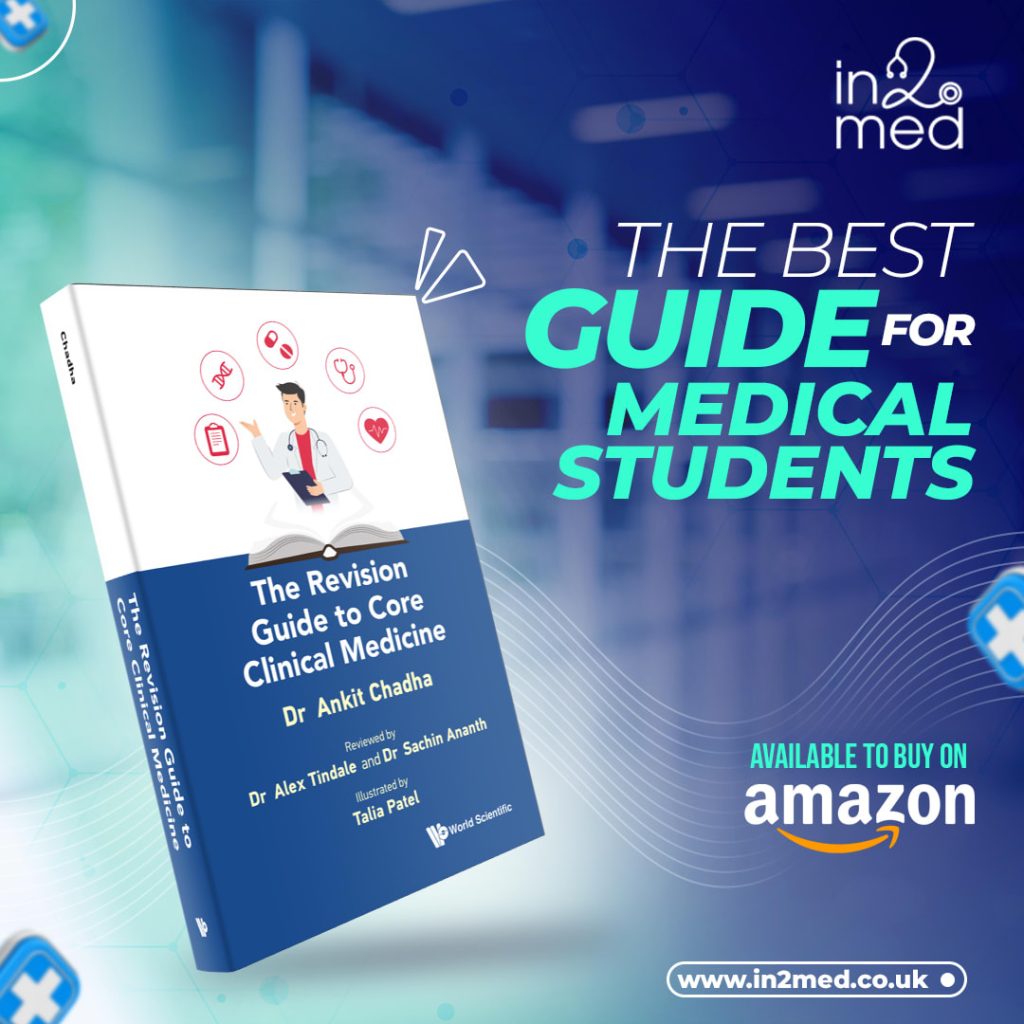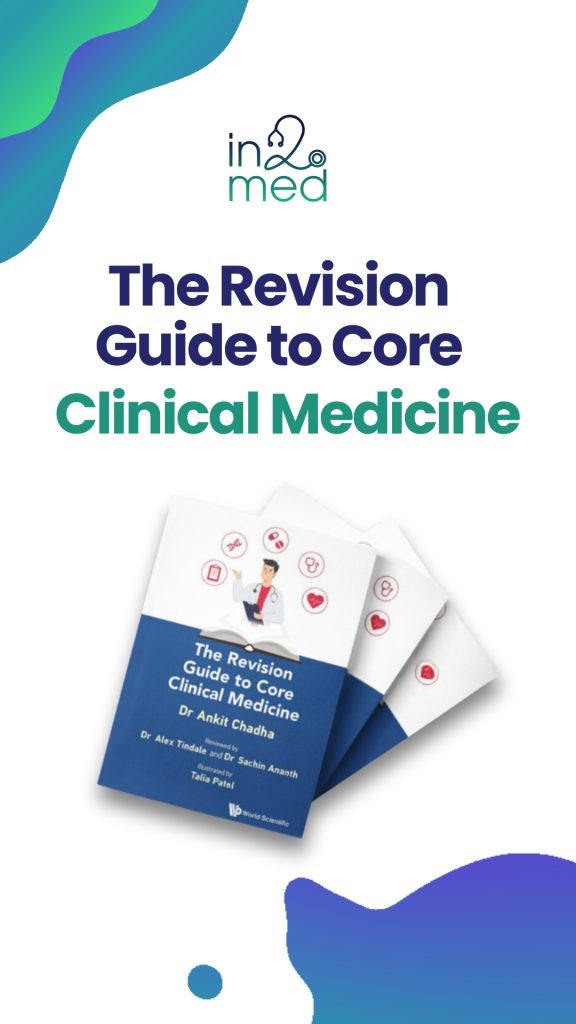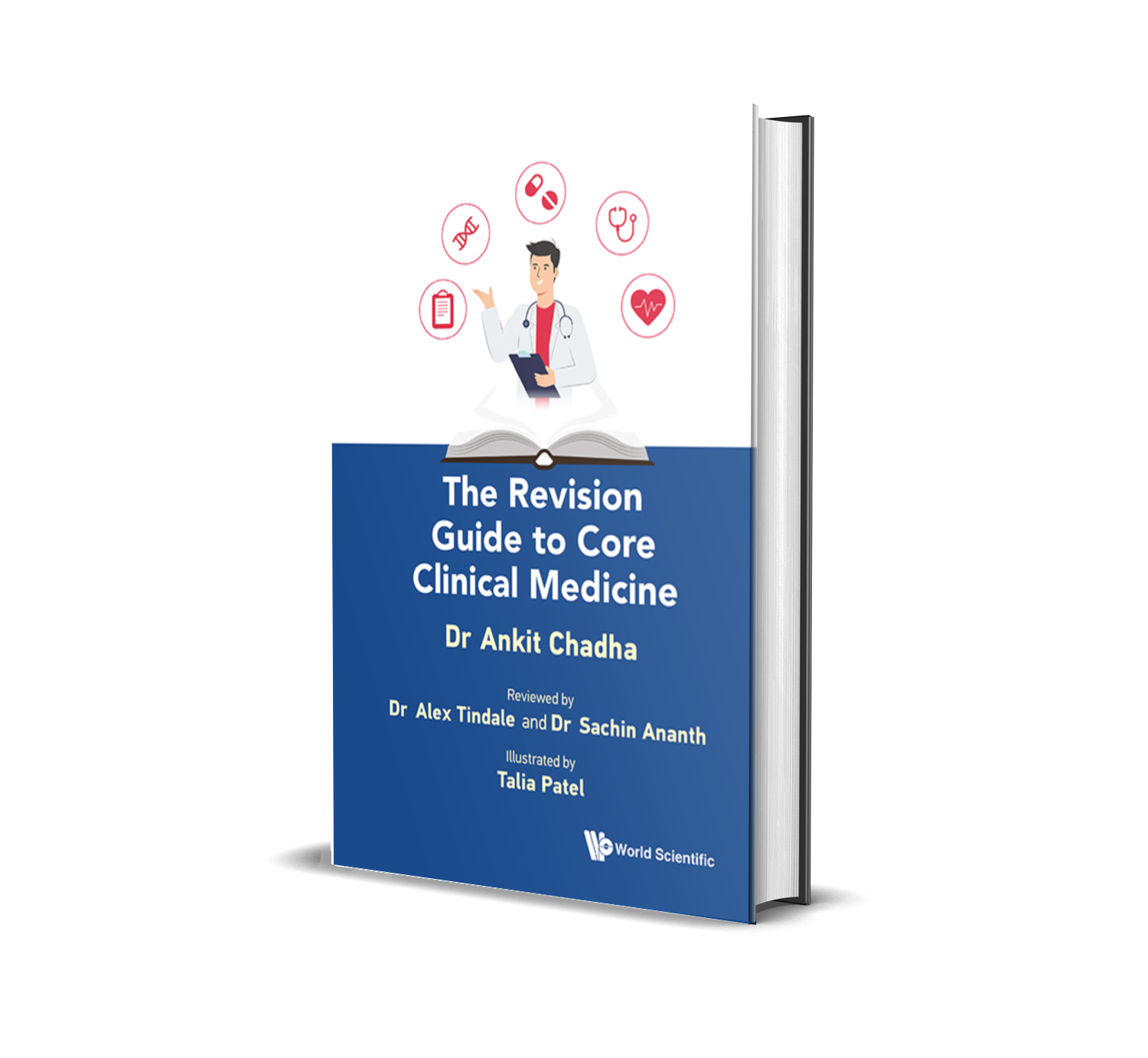Avoiding Burnout
Dear Friend,
Thank you to those of you who wished me best of luck for my exams. Reading nice emails and feedback really does make my day, and shows me that at least someone is finding my weekly emails useful.
I am so glad that my exams are out of the way. You often don’t realise how hard you have actually been working till it’s over. Naturally, after such an intense period of study and stress, the inclination is to celebrate and make the most of your newfound freedom. And so this week I have restarted going to the gym, playing football, making social plans – and I am exhausted.
After exams, your body and mind are still in recovery mode. Jumping straight into a high-energy, nonstop celebration can exacerbate the stress and exhaustion you’ve already accumulated. Instead, a balanced approach to relaxation and rejuvenation will ensure you maintain your well-being and prepare you for the challenges ahead. That’s why this week, I’d like to share some strategies to avoid burnout.
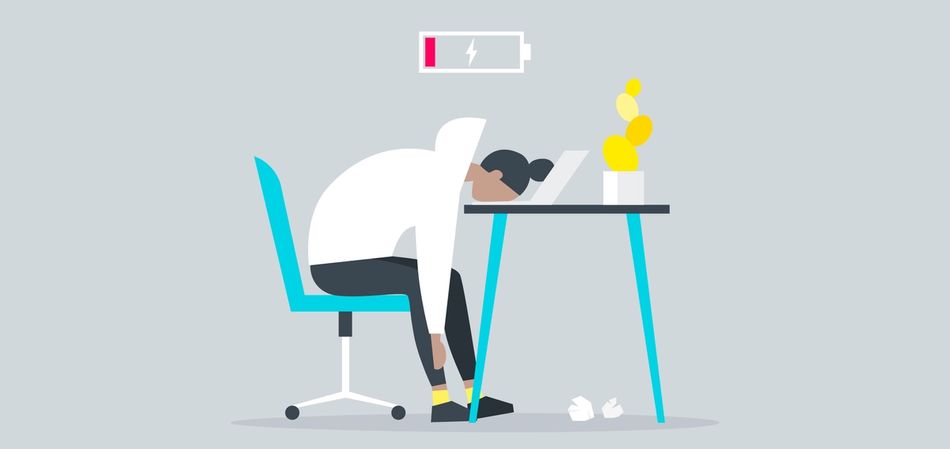
What is Burnout
Burnout is a state of physical, emotional, and mental exhaustion caused by prolonged stress. In medical school, the high demands, intense studying, and constant pressure can easily lead to this condition.
Strategies to Avoid Burnout
Prioritize Sleep: Adequate sleep is essential for cognitive function, emotional stability, and overall health. Aim for 7-9 hours of sleep per night to help your body recover and rejuvenate.
Healthy Nutrition: Maintain a balanced diet rich in fruits, vegetables, lean proteins, and whole grains. Avoid excessive caffeine and sugar, which can lead to energy crashes and mood swings.
Regular Exercise: Physical activity is a great stress reliever and mood booster. Incorporate at least 30 minutes of moderate exercise, such as walking, jogging, or yoga, into your daily routine.
Mindfulness and Relaxation: Practice mindfulness techniques such as meditation, deep breathing, or progressive muscle relaxation to manage stress and enhance mental clarity.
Set Boundaries: Learn to say no and set limits on your commitments. Prioritize tasks and focus on what’s most important to avoid feeling overwhelmed.
Stay Connected: Maintain a strong support network of friends, family, and colleagues. Sharing your experiences and seeking support can provide relief and perspective.
Take Breaks: Ensure you take regular breaks during study sessions and clinical rotations. Short breaks can improve concentration and productivity.
Seek Professional Help: If you feel overwhelmed, don’t hesitate to seek help from a counselor or mental health professional. Early intervention can prevent burnout from becoming severe.
Summary
As you celebrate after exams, remember that taking care of yourself is not a sign of weakness but a foundation for a successful and sustainable career in medicine. Your well-being directly impacts your ability to care for others, making self-care an essential part of your professional journey.
Stay healthy, stay strong.
See you next week!
Drug of the week
Terlipressin
This is an ADH mimic with a higher affinity for V1 receptors.
It causes vasoconstriction of arterioles especially supplying the gut.
It is used in the treatment of portal hypertension as well as a vasopressor to treat noradrenaline resistant hypotension.
A Brain Teaser
A 32-year-old women para 1+0 is 37+1 weeks pregnant and is being monitored and treated for pre-eclampsia. Her current treatment is with labetalol and her blood pressure has been well controlled. She attends the antenatal clinic complaining of a severe headache, one episode of vomiting, and blurred vision. Her blood pressure is currently 156/100 mmHg. On examination she has papilloedema. She is admitted to hospital.
What is the appropriate management?
A: IV hydralazine
B: IV magnesium sulphate and immediate delivery
C: IV magnesium sulphate and intramuscular beclometasone
D: IV calcium gluconate
E: Plan immediate delivery
Answers
The answer is B – IV magnesium sulphate and immediate delivery.
This woman has severe pre-eclampsia as she has presented with moderate hypertension and also has symptoms of headache and vomiting. NICE guidelines recommend delivery within 24-48 hours in those women who has pre-eclampsia with mild or moderate hypertension after 37 weeks. Magnesium sulphate is used to treat women with severe hypertension or severe pre-eclampsia that have already had a seizure. IV magnesium sulphate should also be considered if birth is planned within 24 hours or if there is concern that a woman may develop eclampsia.
IV hydralazine may lower her blood pressure but this woman requires immediate delivery and protection against eclampsia due to her presenting symptoms and signs. Intramuscular (IM) beclometasone is not required as the woman is past 36 weeks. IV calcium gluconate is used to treat magnesium toxicity and is not indicated. While delivery should be planned, this woman also requires protection against development of eclampsia and seizures.
